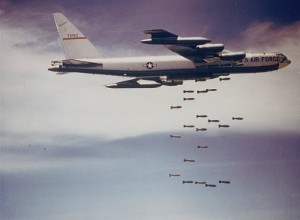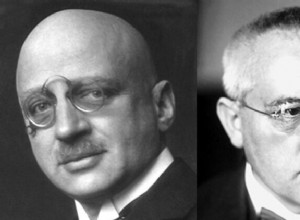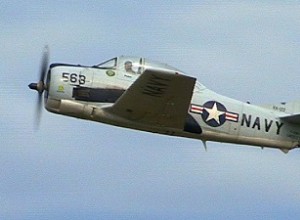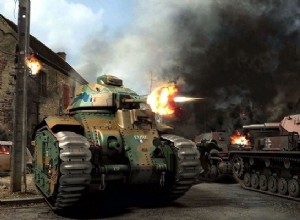There was no war in Vietnam — officially. None of the countless attempts at peace, however, could stop the long and bloody series of skirmishes, raids, ambushes, guerrillas, and finally pitched battles that ravaged Vietnam from 1954 to 1975. These unusual conditions for a “war” does not only belong




